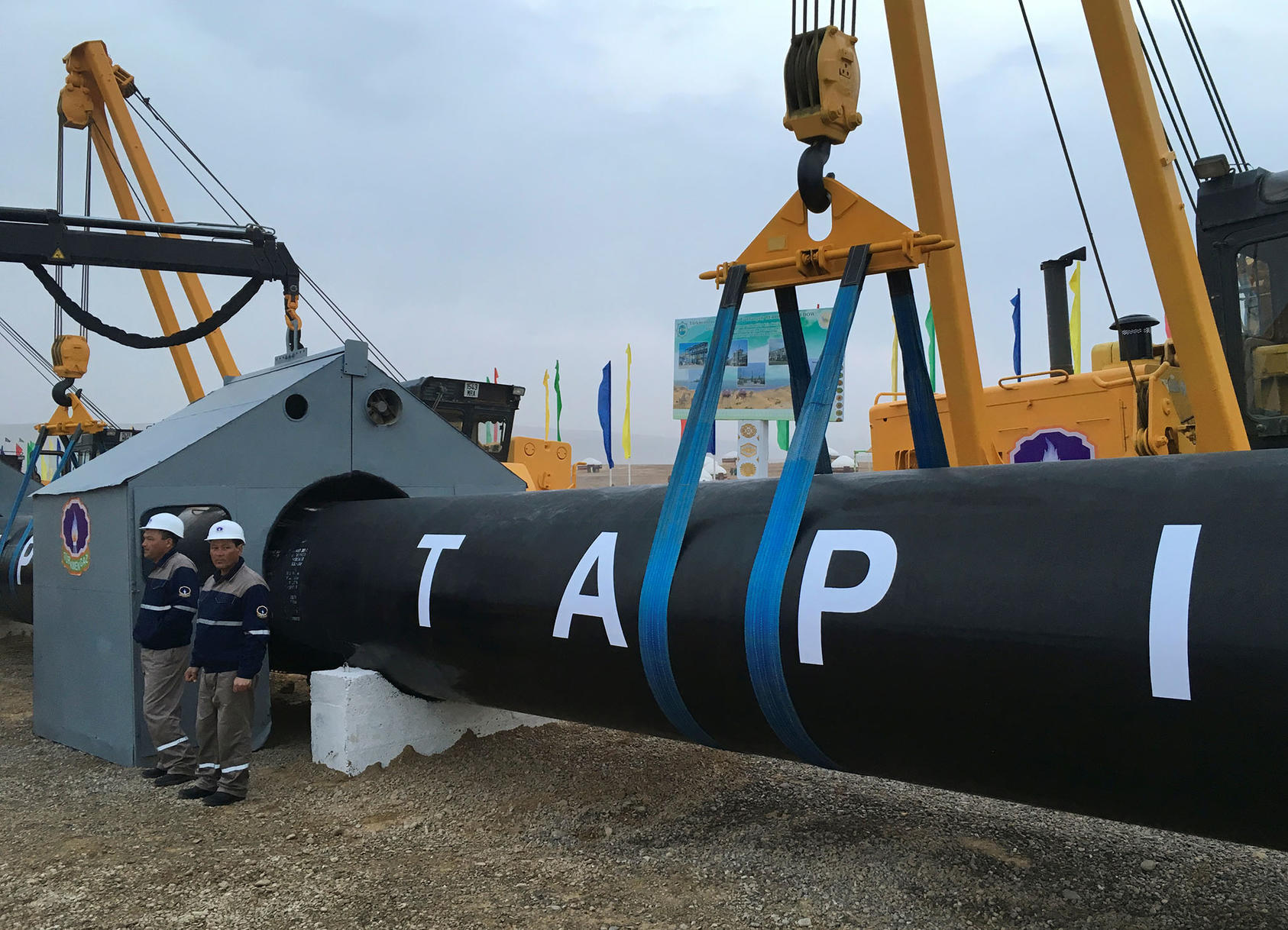Central Asia’s Growing Role in Building Peace and Regional Connectivity with Afghanistan
In its 2017 strategy for South Asia, the Trump administration called on Pakistan to reduce support for the Taliban and encourage them to enter into peace negotiations. Yet as crucial as Pakistan will be to peace in Afghanistan, a similarly persuasive argument can be made for Afghanistan’s northern neighbors—the Central Asian republics of Kazakhstan, Kyrgyzstan, Tajikistan, Turkmenistan, and Uzbekistan. In this Special Report, Humayun Hamidzada and Richard Ponzio examine the vital economic and political roles these countries can play to support a just and lasting peace in Afghanistan and the region.

Summary
- The conflict in Afghanistan is too big and multivalent to be resolved by the United States alone. Instead, a regional approach is urgently needed, with the Central Asian states assuming a leadership role.
- Though the Central Asian states— Kazakhstan, Kyrgyzstan, Tajikistan, Turkmenistan, and Uzbekistan—are not at present major players, they have much to offer in reinforcing any potential openings in Afghanistan’s peace process by hosting regular diplomatic meetings, providing political support, and encouraging cross-border economic cooperation with Afghanistan.
- Uzbekistan, in particular, could further facilitate Afghanistan’s integration into Central Asian diplomatic frameworks. The Tashkent Conference in March 2018, and subsequent activities, represented that country’s pivot from isolation to regional engagement and established it as a credible regional consensus builder.
- Kazakhstan, Kyrgyzstan, Tajikistan, and Turkmenistan individually and collectively can contribute to efforts to build a more stable and prosperous Afghanistan in a more stable and prosperous Central Asia, while serving as a land bridge to the populous and economically dynamic regions of South and Southwest Asia.
- Greater connectivity with Afghanistan through the air corridors and land-based transit routes of the Central Asian republics will help enlist Afghanistan as a partner for reaching new markets rather than as a threat and source of problems.
- A new U.S. strategy for Central Asia that acknowledged the region’s counterbalancing potential, both economically and politically, in support of Afghanistan would advance U.S. goals and contribute to a just and lasting peace in Afghanistan and the region.
About the Report
This report assesses recent initiatives by the five Central Asian republics and the Afghan government to establish a role for Afghanistan’s northern neighbors, particularly Uzbekistan, as a mediator or host for Afghan peace process negotiations and to strengthen areas of economic and political cooperation in the region. The study was supported by USIP’s Asia Center.
About the Authors
Humayun Hamidzada is a nonresident fellow at the Stimson Center in Washington, DC, and director of the Afghanistan Peace Research Project at the York University Centre for Asian Research, Toronto. Richard Ponzio is director of the Stimson Center’s Just Security 2020 Program. From 2010 to 2014, he was a senior adviser to the Office of the Special Representative for Afghanistan and Pakistan in the US Department of State.



